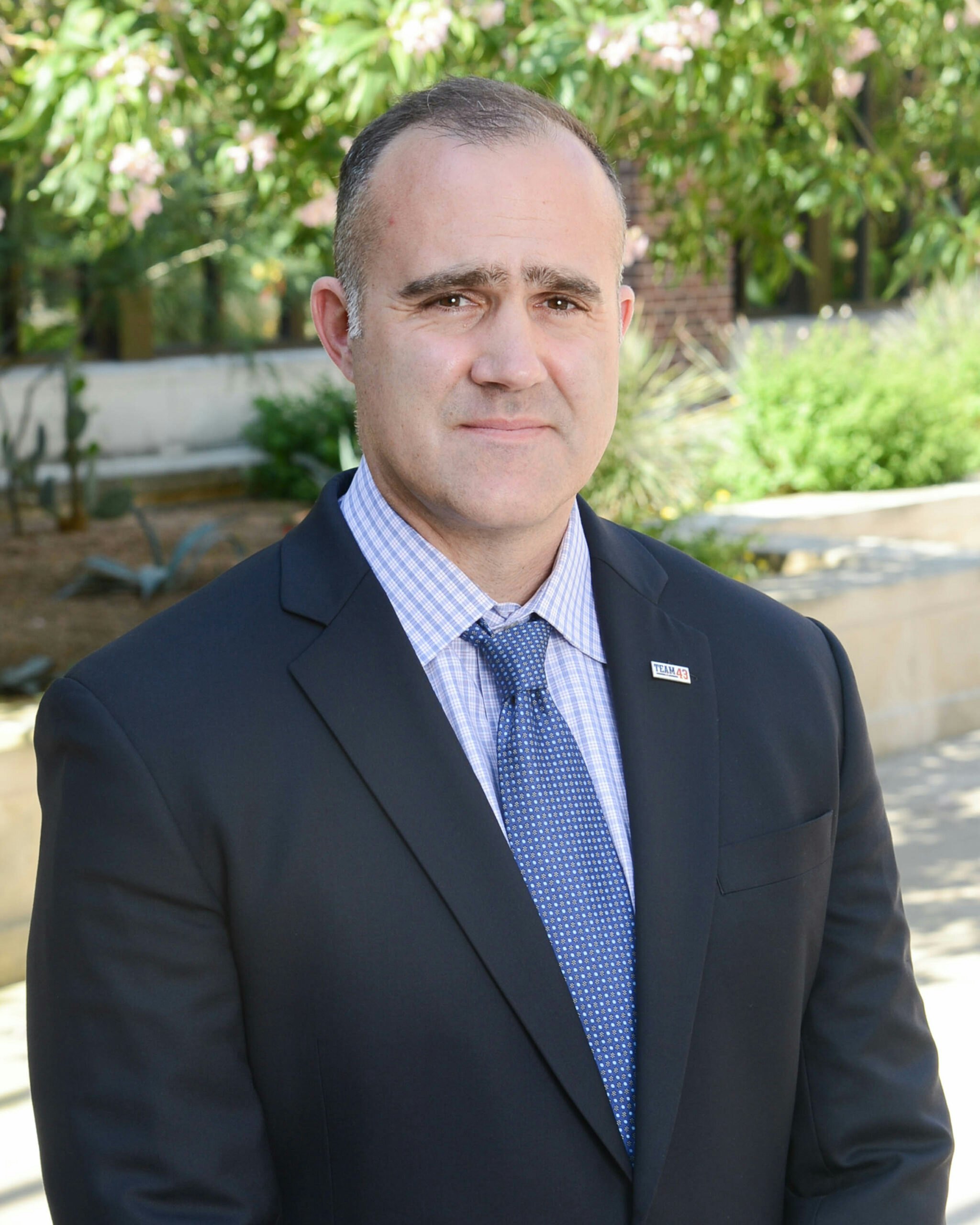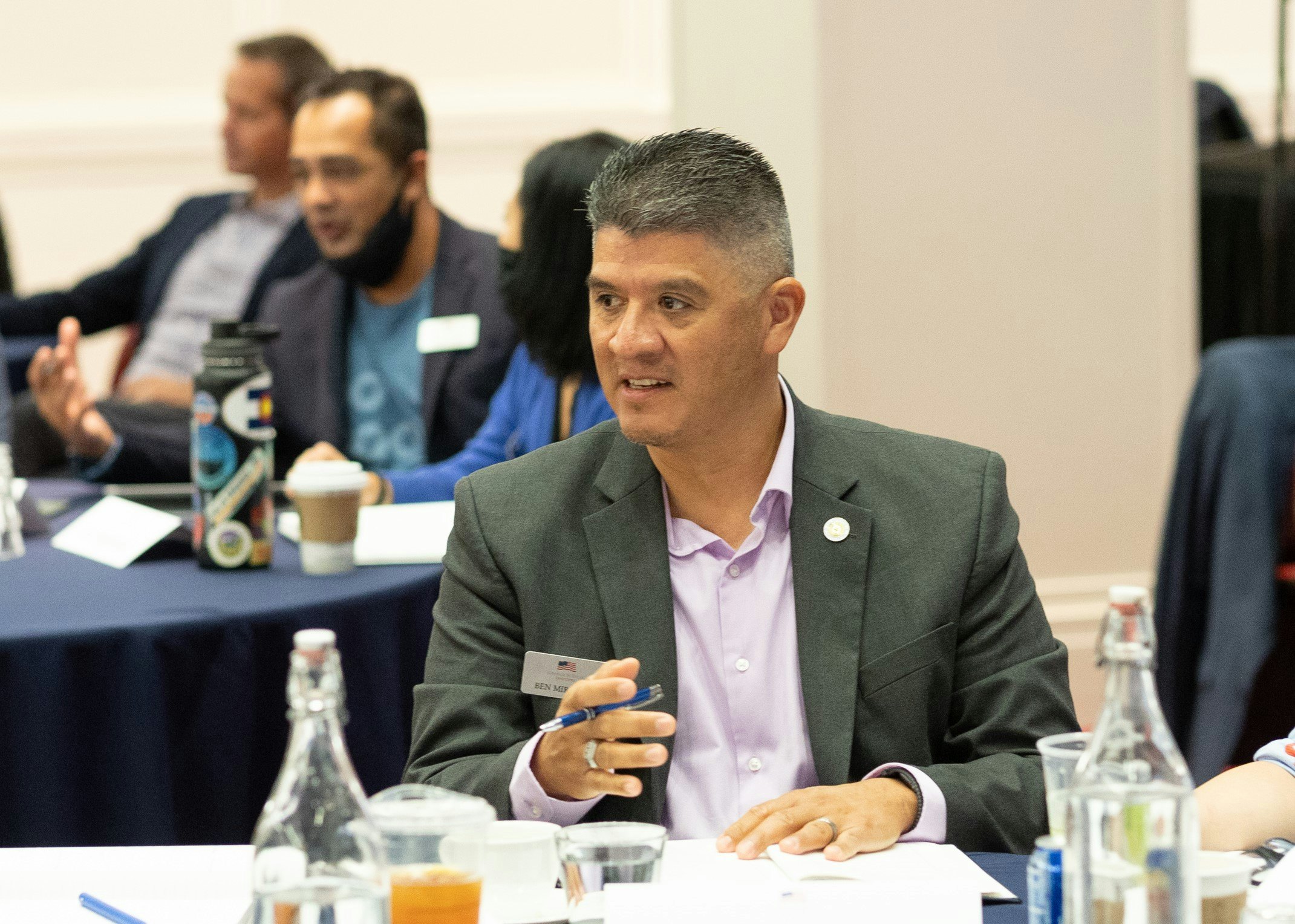As we continue to fight the global war on terror side-by-side with our allies, we should leverage these relationships and share best practices on how to better care for our warriors.
Col. Matthew Amidon, Director of the George W. Bush Institute Military Service Initiative, and Col. Miguel Howe, April and Jay Graham Fellow of the Military Service Initiative, recently visited Tbilisi, Georgia. They met with Georgia’s Ministry of Defense and shared best practices for assisting men and women transitioning from military-to-civilian life. Below is a synopsis of their visit.
As we continue to fight the global war on terror side-by-side with our allies, we should leverage these relationships and share best practices on how to better care for our warriors. The physical and invisible wounds of war know no political boundaries.
In 2016 at the Invictus Games in Orlando, Florida, the George W. Bush Institute’s Military Service Initiative hosted an international symposium addressing the invisible wounds of war, specifically traumatic brain injury, post-traumatic stress, and other psychological health issues. His Royal Highness Prince Harry joined President George W. Bush for a conversation about the importance of reducing the barriers to care and the role of sport in recovery. In addition, leaders, experts, medical professionals, warriors, and caregivers from across the globe came together to help break the stigma of the invisible wounds of war.
It was there that the Bush Institute met leaders from Georgia who work to support their wounded. The program, managed by Paata Pashiavilli, Head of the Wounded and Injured Warrior Support Department for the Ministry of Defense, began soon after the 2008 Russo-Georgian War. It became evident that Georgia needed to better assist their warriors who were transitioning. Since then, the country has been devoted to developing programs to serve the men and women who hang up their military uniform.
The close relationship between the Bush Institute and our Georgian colleagues allowed for continued communication through the years and sharing of best practices. Recently, we visited Tbilisi and the surrounding countryside to see first-hand the progress, the challenges, and the similarities our respective nations face when working toward effective transitions for our warriors and their families. We were able to identify opportunities to improve existing programs and provide key recommendations for new ventures. One such recommendation and a benefit that has had tremendous impact in the U.S: create a similar program to that of the U.S. GI Bill. A program of this nature is key to helping warriors, should they be interested, in furthering their education, employment prospects, and career trajectories.
As a nation, Georgia certainly faces hurdles in trying to adjust from being a former Soviet Republic, and there are ongoing tensions with neighboring Russia, who still occupy a portion of Georgia’s territory. But despite these hurdles and adjustments, significant resources are being devoted to transitioning warriors.
In a budget restrictive environment, they are making strategic investments by building new medical facilities, partnering with local non-profits and businesses, and creating a secluded rehabilitation center in the mountains outside Tbilisi where warriors and their families can address the invisible wounds. They have also recognized the role sports has in warrior recovery. Georgia has participated in the Invictus Games since its inception in 2014. The athletes have excelled in competition, and are in fact reigning gold medal champions for seated volleyball.
Despite limited resources and political challenges, the country’s commitment to recovery, rehabilitation, reintegration, and continued leadership remains strong. The bond formed at Invictus and the recent trip to Georgia, is an example of how countries can band together to help those who protect our freedoms.































